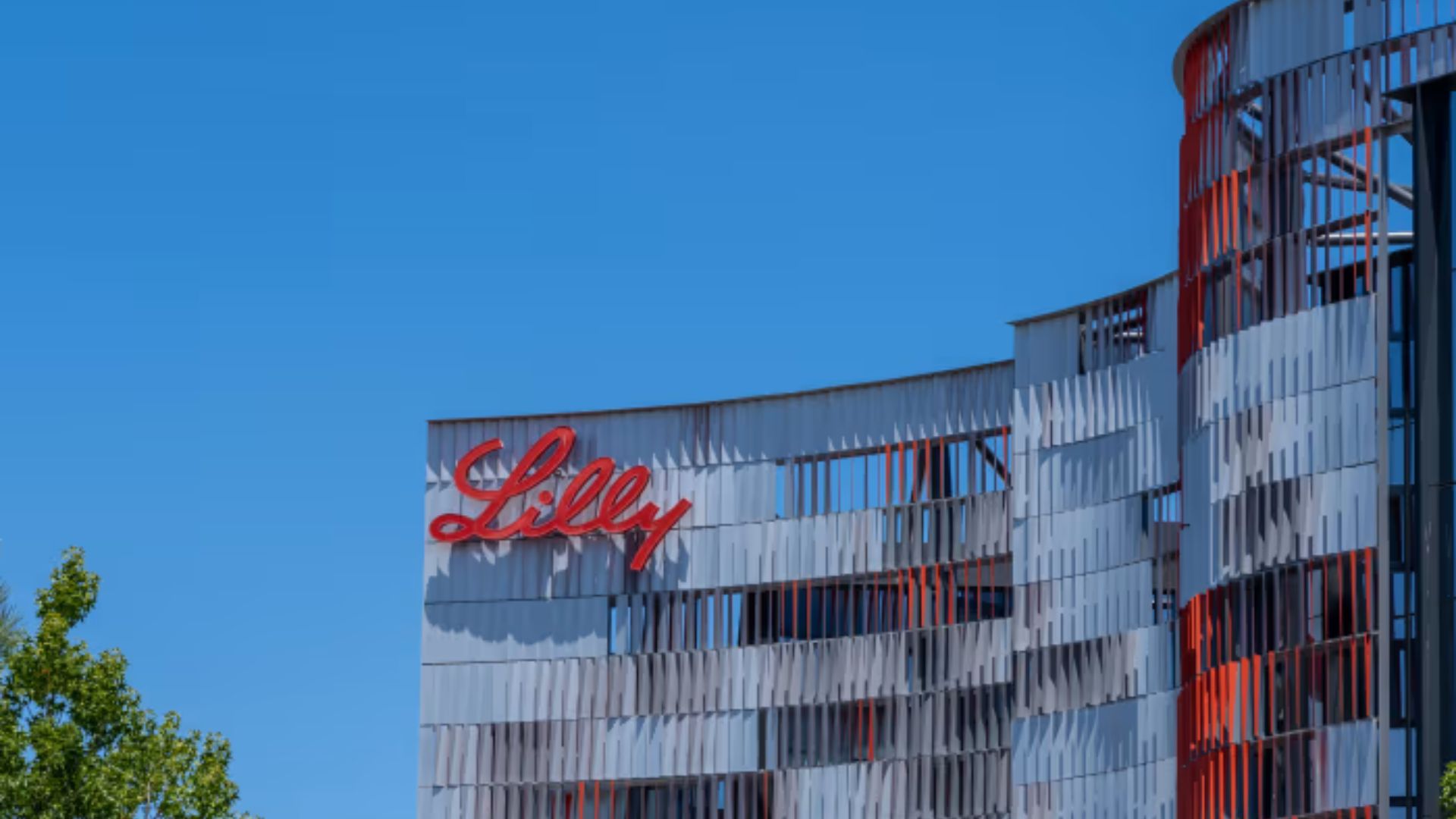Eli Lilly announced on Friday that it has applied for U.S. approval of its weight loss drug Zepbound to treat obstructive sleep apnea (OSA), the most common sleep-related breathing disorder. The company expects a decision from the Food and Drug Administration (FDA) as early as the end of the year.
If approved, Eli Lilly plans to launch Zepbound for OSA in early 2025, according to Patrik Jonsson, president of Eli Lilly’s diabetes and obesity division. This announcement follows the release of additional data from two late-stage trials, presented at the American Diabetes Association’s 84th Scientific Sessions in Orlando, Florida. The data showed that Zepbound significantly helped resolve OSA in nearly half of the patients.
“We’re super excited. … I think it actually went beyond what most external experts were hoping for,” Jonsson said regarding the promising new data, which adds to the growing body of evidence suggesting further health benefits of weight loss and diabetes treatments that have gained popularity in the U.S.
The additional data bolsters Eli Lilly’s case for broader insurance coverage for Zepbound, which, like many weight loss drugs, is not widely covered by insurance plans. Initial results from the studies released in April indicated that Zepbound was more effective than a placebo in reducing the severity of OSA in obese patients over a year.
OSA, characterized by interrupted breathing during sleep due to narrowed or blocked airways, affects an estimated 80 million people in the U.S., with around 20 million experiencing moderate-to-severe forms of the disease. Unfortunately, 85% of OSA cases go undiagnosed. The condition can lead to loud snoring, excessive daytime sleepiness, and severe complications such as stroke and heart failure. Current treatment options are limited, often involving the use of cumbersome positive airway pressure (PAP) machines.
The first study focused on adults with moderate-to-severe OSA and obesity who were not using PAP therapy. The second trial involved similar patients who were using and planned to continue PAP therapy. Results showed that 43% of participants in the first study and 51.5% in the second who took the highest dose of Zepbound achieved “disease resolution,” compared to 14.9% and 13.6% of placebo recipients, respectively.
“This has huge impacts on patients’ lives,” said Leonard Glass, senior vice president of medical affairs at Eli Lilly, diabetes and obesity. “Imagine not having to use a PAP machine, or not having to worry about waking up again in the middle of the night, or for your partners — not having to live with somebody with this condition.”
Researchers assessed the effectiveness of Zepbound using the apnea-hypopnea index (AHI), which measures the number of times per hour a person’s airway becomes restricted or blocked during sleep. Disease resolution for OSA is defined as fewer than five AHI events per hour or five to 14 AHI events per hour coupled with a specific score on a survey measuring daytime sleepiness.
In the first trial, 62.3% of Zepbound users experienced a more than 50% reduction in AHI events, compared to 19.2% of placebo users. In the second study, 74.3% of Zepbound users saw a greater than 50% reduction in AHI, compared to 22.9% of those on placebo. Zepbound also achieved the main goal of reducing AHI events, with an average decrease of 27.4 events per hour for those not on PAP machines and 30.4 events per hour for those using PAP machines, compared to reductions of 4.8 and six events per hour, respectively, in placebo groups.
Eli Lilly previously announced that the FDA granted Zepbound “fast track designation” for patients with moderate-to-severe OSA and obesity, ensuring an expedited review process for treatments addressing serious conditions with unmet medical needs.




